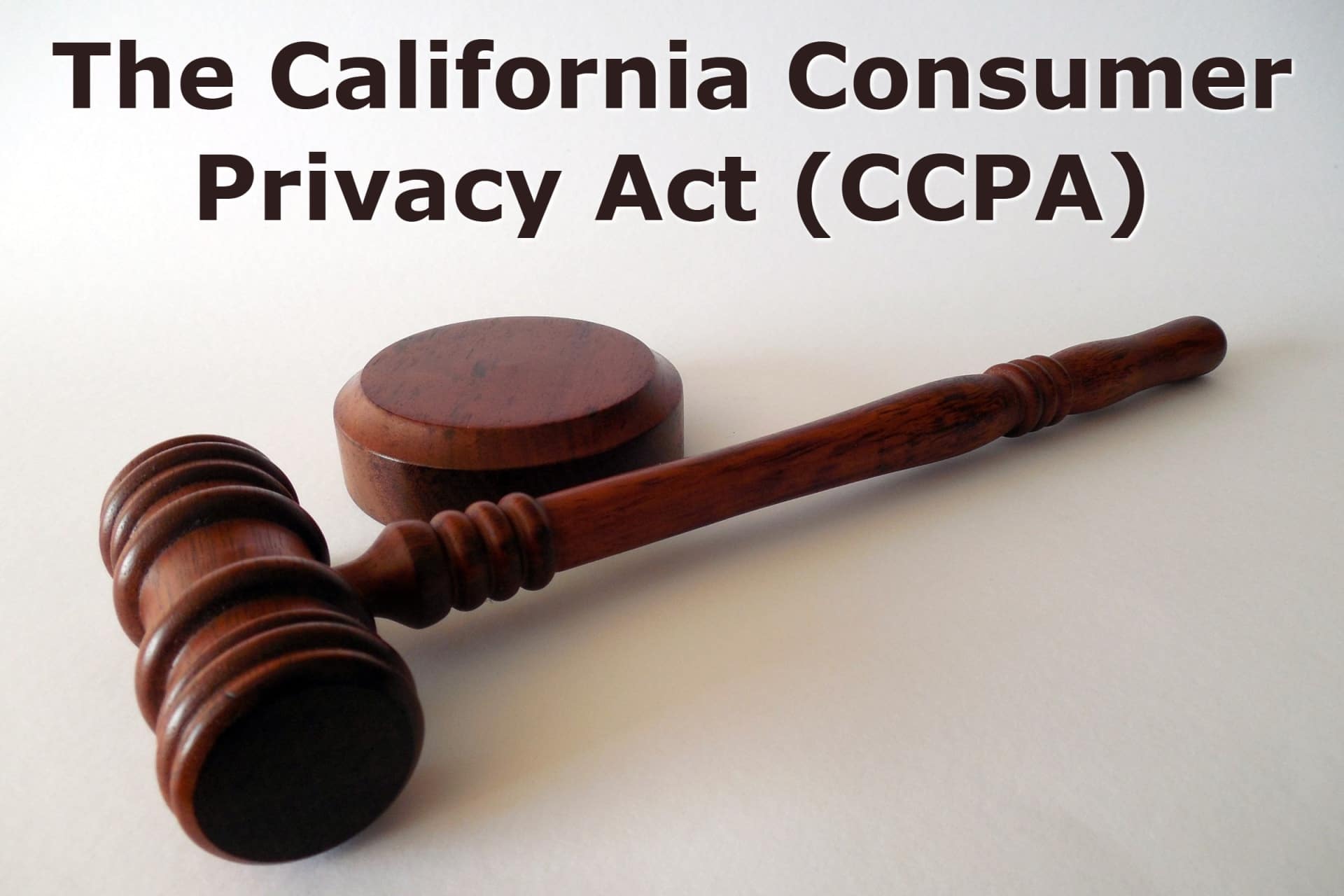The CAN-SPAM Act is a law that established the requirements for commercial emails and messages. Due to the ever increasing use of email as a form of advertisement, laws like this are more important than ever before. It is specifically designed to protect email recipients by giving them the ability to request that a company stops emailing them. The CAN-SPAM Act also illustrates what a company needs to do to be compliant. In addition, it outlines the penalties for any violations of the law.
Here at DataMasters we operate within full compliance of the CAN-SPAM Act. We also provide quality data in accordance with all laws to help improve your marketing strategy. Our goal is to create long-term, successful business relationships while respecting all customers. We want to ensure that all parties are well informed about each aspect of the law and educated about their rights.
What Does the CAN-SPAM Act Do?
The CAN-SPAM Act covers all electronic mail messages which have the primary purpose of commercial advertisement or commercial promotion of a product or service. This applies to bulk email messages as well as email promoting content on commercial websites. And, it does not make any exceptions for business-to-business emails. This means that if your business wishes to send out emails to former customers to announce a new product or service, it must comply with the laws in place.
Requirements of the CAN-SPAM Act
Acting in accordance with the CAN-SPAM Act is not difficult. Following these basic requirements will help protect your company from heavy fines and prosecution.
- Do not use false or misleading information anywhere in the email
- All fields including domain name and email address need to be accurate and clearly identify where the message originated
- Do not use deceptive subject lines to lure customers
- The subject line must be clear, easy to understand, and relevant to the email message
- Clearly identify the email as an advertisement if it is advertising a product or service
- Disclose your physical mailing location
- You can use a street address or a post office box
- Provide an opportunity for recipients to opt-out of receiving emails
- Your message must include information on how recipients can opt-out of future emails if they wish to do so.
- Honor all opt-out requests promptly
- Your system for recipients to opt-out must honor requests within 10 business days.
- Opt-out options should be simple for recipients to follow
- You cannot charge a fee or require any information beyond an email address to opt-out.
- You cannot require recipients to take additional requests beyond replying to an email or visiting a single web page on the internet as part of their opt-out request.
- Respect all requests to opt-out
- Once a recipient has chosen to opt-out you cannot provide their information to anyone else unless the company is one that is hired to help you work in accordance to the CAN-SPAM Act.
- Only hire companies who comply with the CAN-SPAM Act for your email marketing needs.
- If you hire a company that does not follow the laws then you can still be held legally and financially liable.
Tips to Help You Comply with the CAN-SPAM Act
To determine if the CAN-SPAM Act covers the emails that you’re sending out for your business you must first acknowledge the primary purpose of the emails. Begin by viewing the email from a customer’s point of view to help determine the purpose of the email. Once you determine which part of the email is the most prominent you can move forward. Most business send emails which fall into one of the following categories:
- Commercial content – advertisements or promotions of products or services including websites that operate with a commercial purpose
- Transaction or relationship content – information about existing transactions or updates about ongoing transactions
- Other content – content that is neither commercial nor transactional.
All emails with commercial content must comply with the CAN-SPAM Act. Emails containing transaction or relationship content that provide no misleading information are exempt from most CAN-SPAM Act requirements.
Emails for transactions or relationship content must confirm a transaction that has already been agreed to by the recipient. Also included in this category are emails regarding warranties, recalls, safety, or security information. Other examples of transaction or relationship emails include:
- Changes in terms or features
- Account balances
- Employee relationships or benefits
- The deliverance of goods or services that the recipient already agreed to
Penalties for Violating the CAN-SPAM Act
For each and every email that violates the CAN-SPAM Act there is a penalty as high as $16,000. Emails that include misleading claims on products or services are also subject to penalties for breaking other laws. If violations continue they can lead to additional fines. The CAN-SPAM Act also has criminal penalties up to and including imprisonment. These violations include:
- Sending spam from someone else’s computer or email without permission
- Providing false information to register multiple email accounts or domains
- Retransmitting or relaying spam messages through computers to mislead recipients about the message origin
- Harvesting emails and generating emails using random letters and numbers in an effort to locate legitimate email addresses
These are just a few of the additional violations that you may face if practicing unethical behavior.
In conclusion, to avoid financial and criminal penalties it is important to always act in compliance with all laws. If you are unsure if your company operates within all required laws then it is a good idea to speak with a professional. Being fully aware of the law and corresponding repercussions is especially important in running a successful business. No violation is worth the financial and criminal risks that you and your company may face due to non-compliance.
Call DataMasters today at (469) 549-1800 to learn more about the CAN-SPAM Act.
Everything You Need to Know about the California Consumer Privacy Act (CCPA)
Back on June 28, 2018 the state of California passed the California Consumer Privacy Act. This law helps protect...
GDPR: What New Privacy Laws Mean for Email Marketers
The European Union (EU) has always been somewhat disjointed when it comes to uniformity of laws from one member...
What does it mean to be GDPR Compliant?
If you’re a business owner, than you need to know what GDPR is and how it can affect your marketing efforts. Chances...



